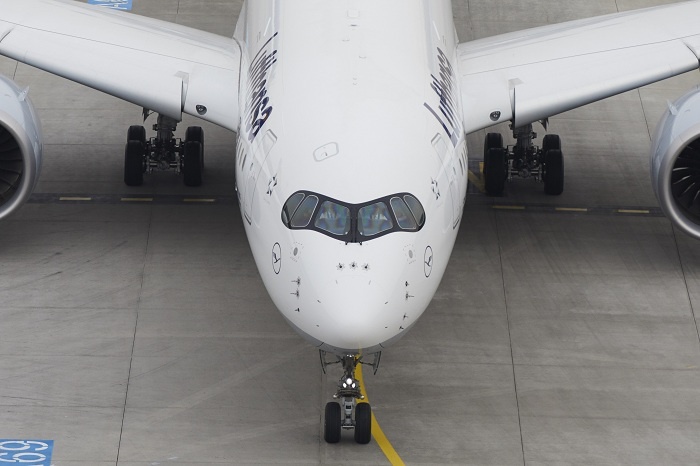
Lufthansa overcomes rising fuel prices to report strong results for 2018
European aviation giant Lufthansa Group has reported adjusted EBIT of €2.8 billion for 2018.
The figure was slightly below the record €3 billion reported last year, but comes despite an increase of some €850 million in fuel costs and €518 million of expenses incurred through delays and cancellations.
“Last year was another successful year for the Lufthansa Group in financial terms,” said Carsten Spohr, chairman of the Lufthansa.
“We generated the second-best result in the history of our company.
“This is a great teamwork achievement by all the 135,000 people who make up our group workforce.”
ADVERTISEMENT
Hit by the first-time application of the IFRS 15 accounting standard, total revenues were one per cent up on 2017, at €35.8 billion.
Results were also hit by a one-off cost of €170 million related to the integration of parts of the former airBerlin fleet, following the collapse of the rival carrier in 2017.
Unit costs adjusted for fuel price and currency movements were 1.7 per cent down from their 2017 level (or 1.2 per cent down excluding the change in the accounting of engine overhauls).
“We continue to work on further reducing our unit costs year by year,” explained Ulrik Svensson, chief financial officer of Deutsche Lufthansa.
“We managed to do so in 2018 for the third year in a row.
“We are well equipped to invest in profitable growth and simultaneously further enhance our cost efficiency in the future, too.”
Lufthansa proposed a dividend of 80-euro cents per share following the release of the results.
Looking ahead, the airline group said it expected an adjusted EBIT margin of between 6.5 and eight per cent in 2019.
“For our customers, we want to be the best airline group in Europe,” explained Spohr.
“At the same time, we are fully aware of maintaining sustainable business activities.
“This is why we continue to invest in advanced, low-noise and fuel-efficient aircraft.
“The 40 state-of-the-art long-haul planes that we ordered yesterday will replace the significantly less efficient four-engine aircraft in our fleet.
“As a result, we will have totally modernised our entire long-haul fleet by the mid-2020s.”

